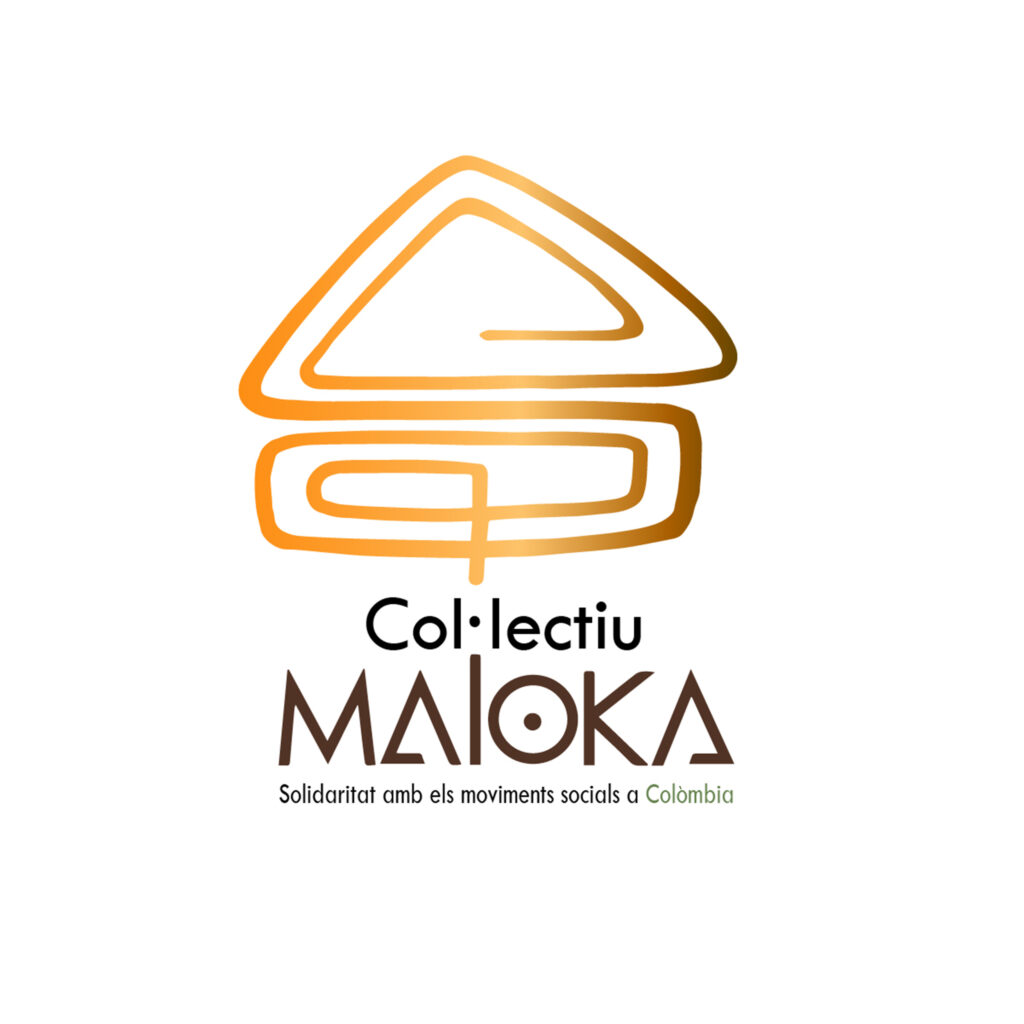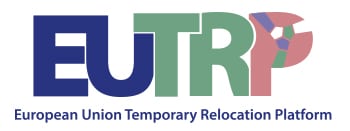Colectivo Maloka

Colectivo Maloka
Non-governmental organisation
Kind of support: Host entities
Geographical scope: Local
Based in
Spain
Europe and Central Asia (ECA)
The Maloka Collective is an organization founded in Barcelona in 2002 by Colombian migrants and/or refugees, the majority of whom are women, who, in their exercise of the right to political participation from the diaspora, work from international solidarity in the defense of human rights, the promotion of peace with a gender perspective, political advocacy and the international protection of human, territorial and collective rights defenders
Maloka's work is part of the defense of human rights and groups, the eradication of all kinds of violence, especially those affecting women and the LGBTIQ+ population, and the construction of a culture of peace. The Collective develops joint activities of international cooperation and political advocacy with other organizations from Barcelona, Catalonia, Spain and Europe for the defense of human rights and solidarity with Latin America, especially Colombia, following the armed conflict that has been going on for more than 60 years old Promotes the defense of the rights recognized in international treaties: Universal Declaration of Human Rights, International Covenant on Economic, Social and Cultural Rights (ICESCR), International Covenant on Civil and Political Rights (ICCPR), Declaration on the participation of women in the promotion of peace and international cooperation, Convention on the Elimination of All Forms of Discrimination against Women (CEDAW), Beijing Declaration and Platform of 1998, International Convention for the Protection of All Persons from Enforced Disappearance ; as well as other declarations or conventions on gender equality, Convention 169 (ILO) and the UN Declaration on the Rights of PPII.
Maloka's work areas are; international cooperation from a gender approach based on human rights with social organizations in Colombia, international advocacy, and since 2018 it has an international protection area from where it provides support to human rights defenders at risk.
